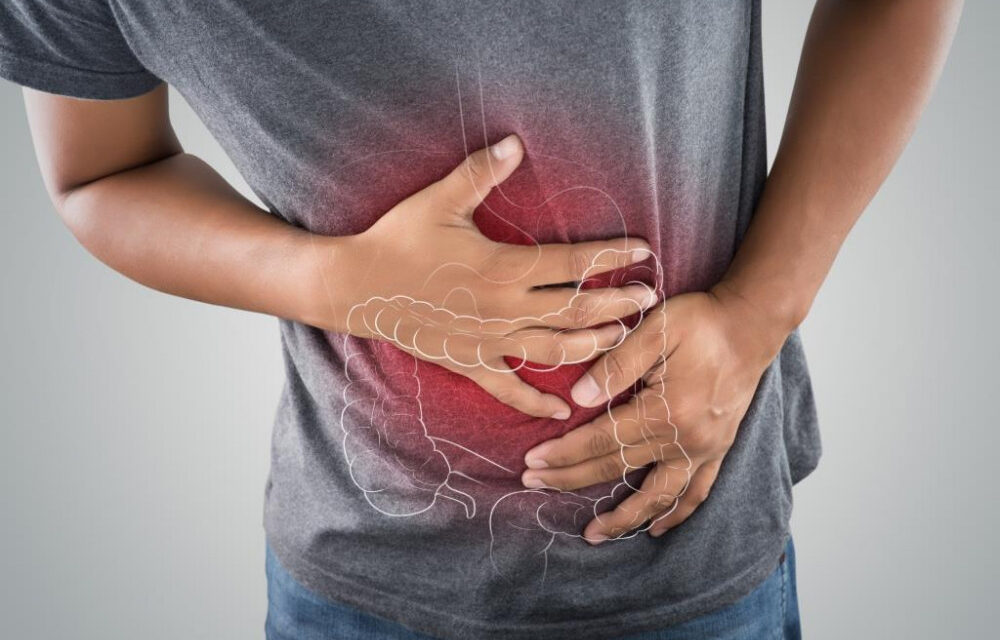In my previous articles, we have reviewed many abdominal complaints, from acute abdominal symptoms to gastrointestinal bleeding, from the causes of chronic diarrhea or constipation to the treatment of reflux disease.
However, there is a very common symptom that has become the focus of interest in recent years, and is particularly interesting in that, in addition to banal causes, serious diseases can also be behind it. This symptom is a symptom associated with bloating of the abdomen, or rather a set of symptoms, in medical terms, meteorism. In addition to flatulence, we also mean bloating and abdominal distension, and we consider increased gas production in the gastrointestinal tract to be the main cause.
And why did I write that the interest was expressed after this symptom? One has only to look at an advertising block somewhere and it is almost certain that there will be a section about an anti-bloating agent. However, it is actually not a new problem.
Avicenna, revered as the founder of Western medicine and the prince of medicine, also deals with this symptom in his Canon Medicinae, one of the most outstanding medical works of all time, which was decisive for centuries. According to his point of view, improper digestion is caused by four types of eating habits: eating too many beans/peas, fruits/vegetables, smoked salty food, and overeating.
Millennial Thoughts to Consider…
These foods contain higher amounts of fructose and oligosaccharides, and their digestion involves gas formation.
It is a very common symptom. It can occur at any age, but is most common among 20-30-year-olds, and there are no significant differences between populations. According to statistical surveys, it affects 15-30 percent of the population of the United States.
As I mentioned above, the cause of the symptom complex is usually a benign abnormality, based on literature data, even now it is caused by harmful eating habits (for example, swallowing air when eating too quickly), certain foods that cause bloating, eating large amounts of food, and not necessarily by pathological processes.
But we must emphasize that serious diseases can also be behind it. Although not with the same mechanism, abdominal distension is caused by the appearance of ascites (ascites in medical terms), which in any case means a very serious illness. This is also one of the symptoms in the case of life-threatening ileus-intestinal obstruction, of course the strength and temporality are crucial here as well. Various malabsorption disorders, lack of digestive enzymes for some reason, chronic pancreatitis, milk protein intolerance, gluten sensitivity, malignant diseases of the abdominal cavity, inflammatory bowel diseases can also manifest themselves in similar complaints.
This list also shows that this symptom must be taken seriously, and a proper examination is necessary to rule out an organ problem.
But what should we do when the examination has been carried out and luckily no serious problem has been found, but at the same time the disturbing and unpleasant symptoms persist? A few simple rules to follow can help.
• Avoid overeating. It is better to eat a little more often than an excessive amount at once.
• As far as possible, avoid products containing artificial foods, dyes, flavor enhancers, and large amounts of preservatives produced by the food industry.
• Avoidance of foods rich in fat and short-chain carbohydrates. The latter include mono-di-oligosaccharides and sugars. Their common feature is that some of them reach the large intestine, where they cause complaints due to the fermenting effect of the intestinal bacteria. In avoiding these, the so-called A FODMAP diet can help. It is an acronym for "Fermentable Oligo-Di-Monosaccharides and Polysaccharides".
• Such foods - without claiming to be complete - are onions, garlic, beans, peas, apples, milk and products, breads containing wheat and rye, pastries, fruit preserves, food industry products, paleo sweets, high fructose corn syrup, artificial sweeteners containing mannitol, sorbitol, preservatives, flavor enhancers (again).
• Do not chew, do not suck candy, do not drink through a straw, and do not consume carbonated soft drinks, if you have such a complaint.
Featured Image: Pixabay













